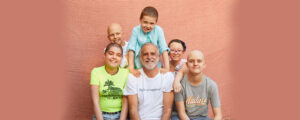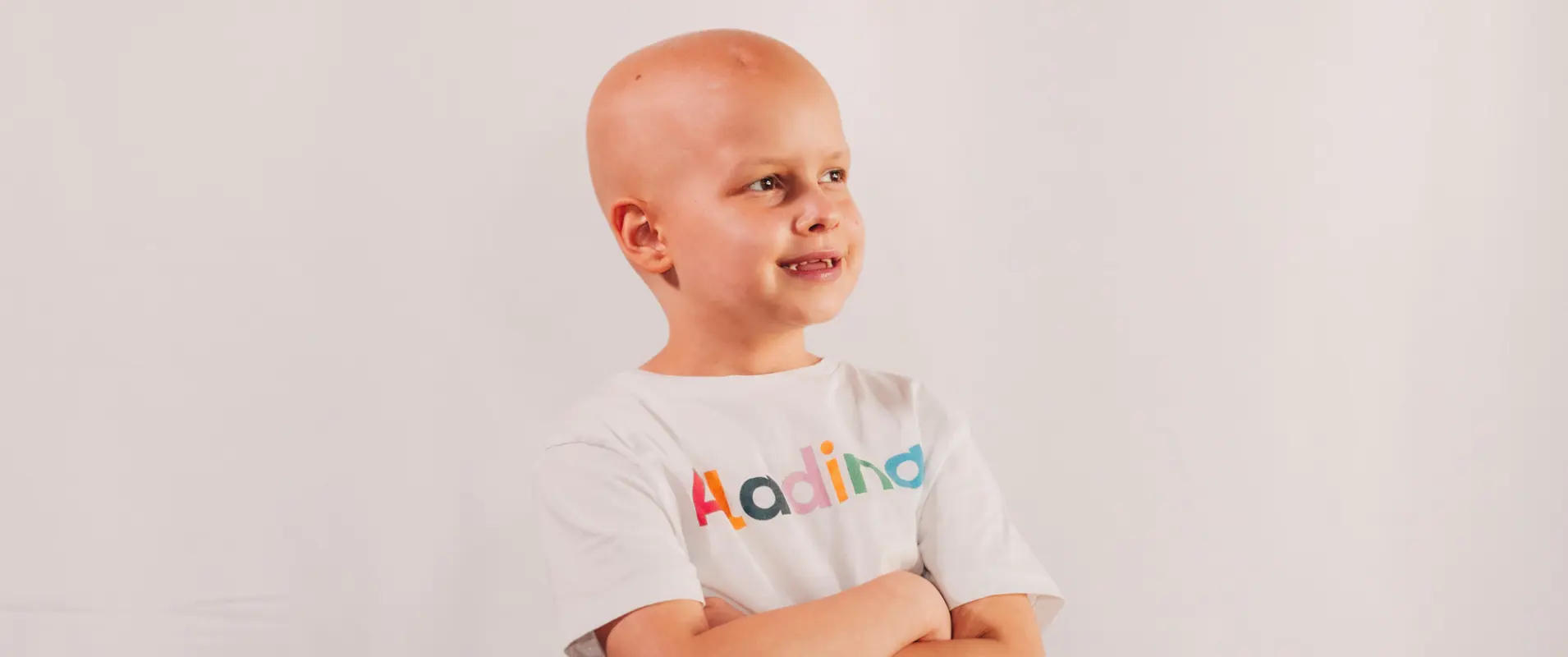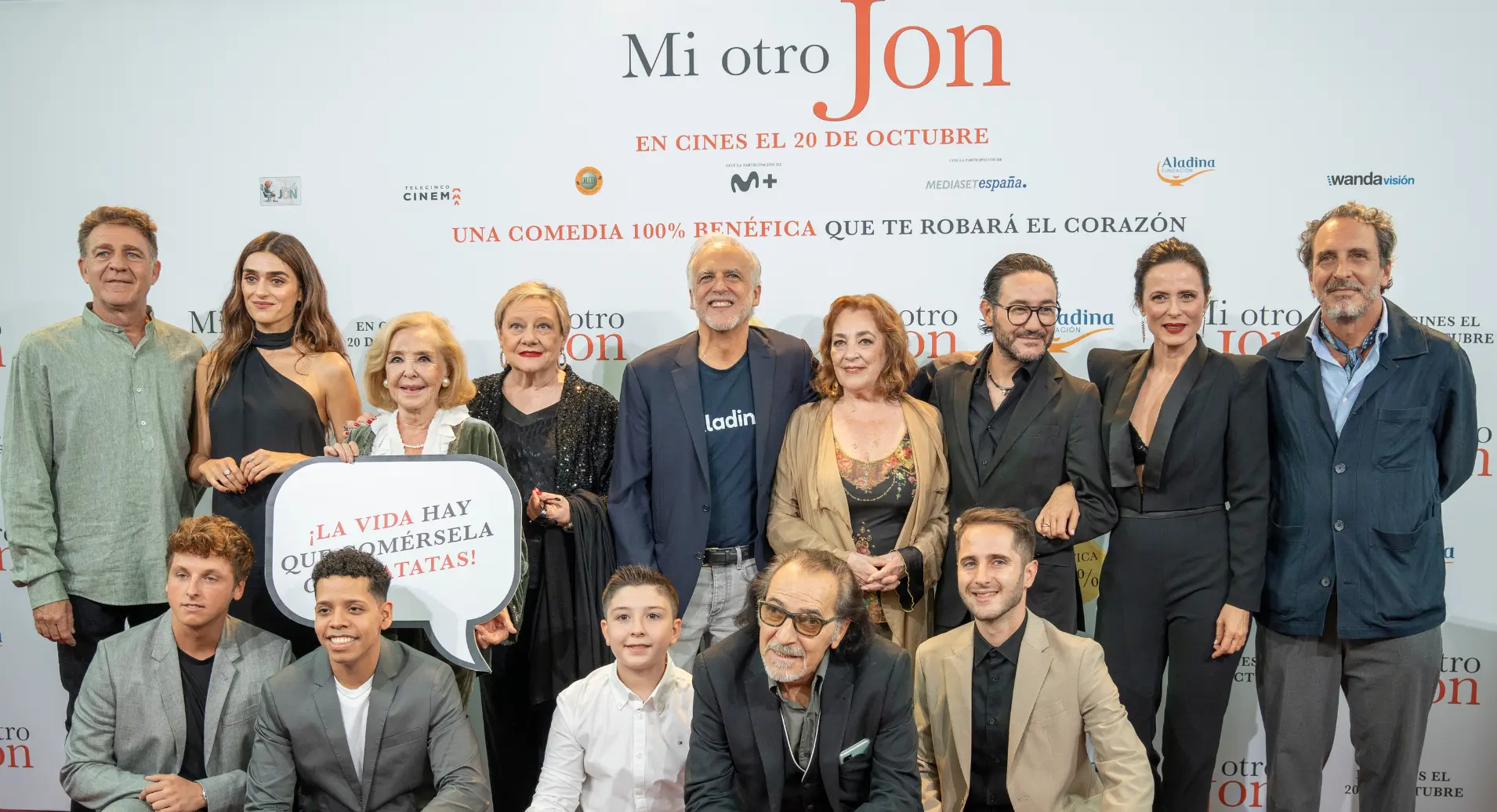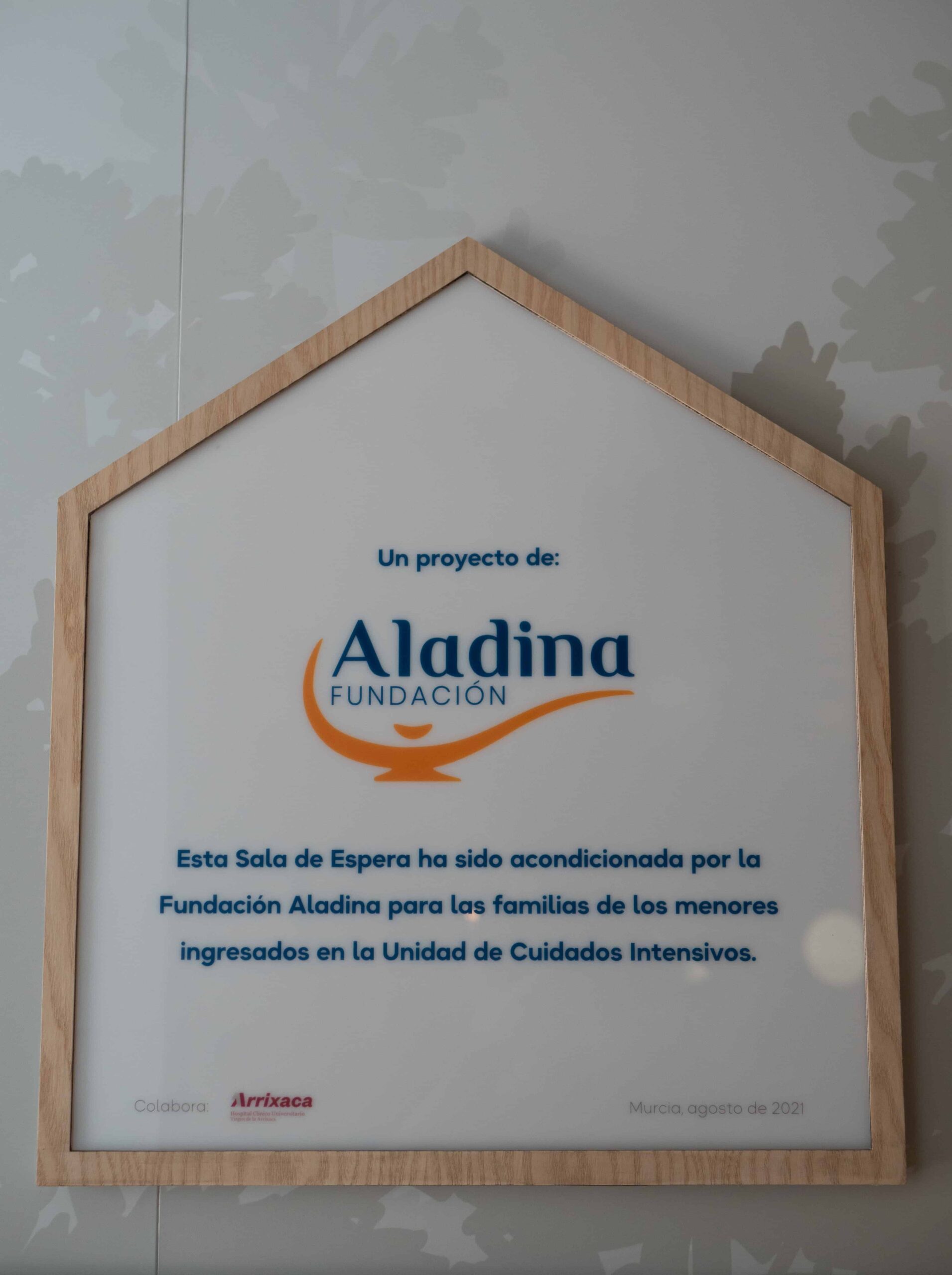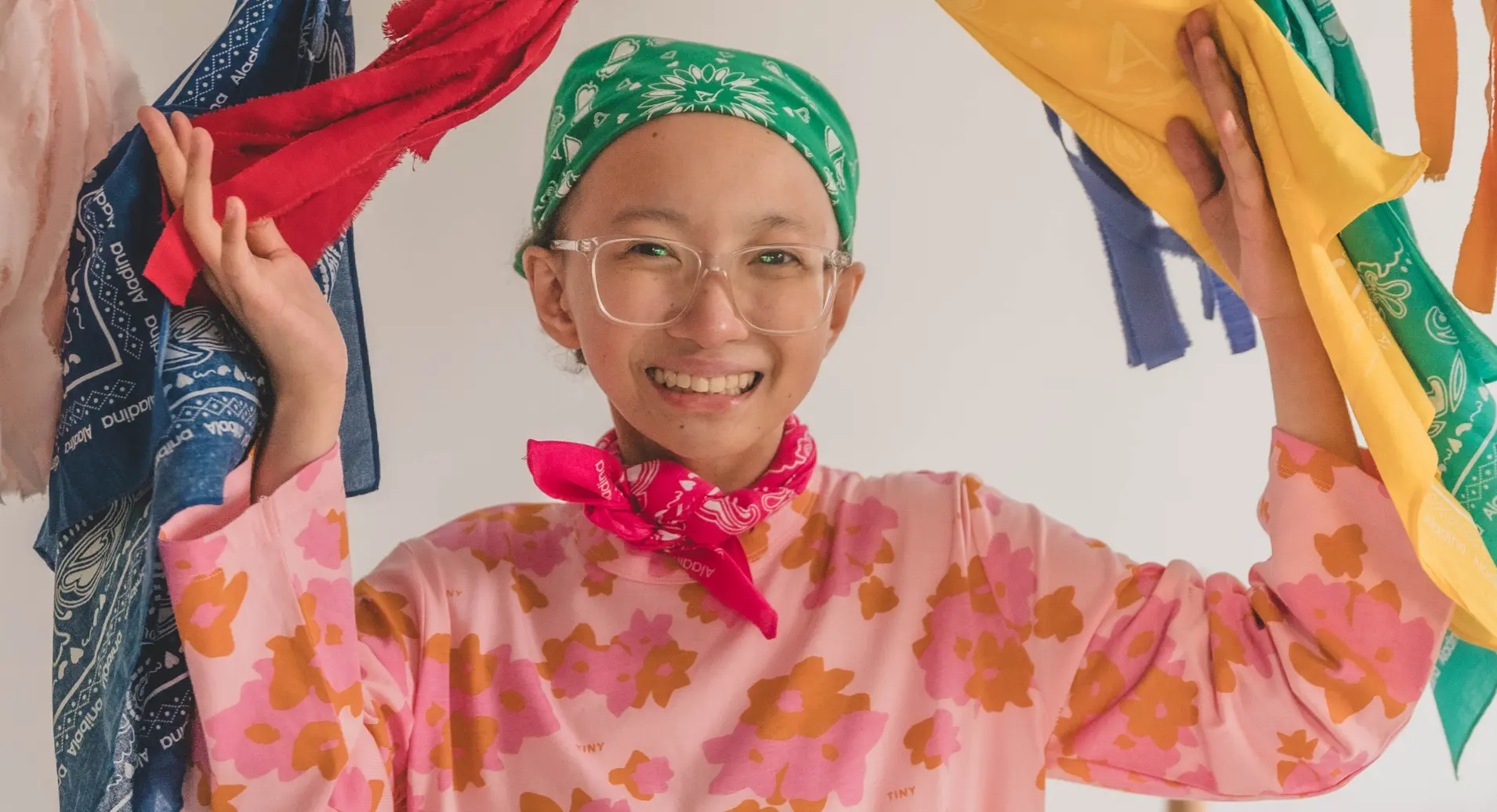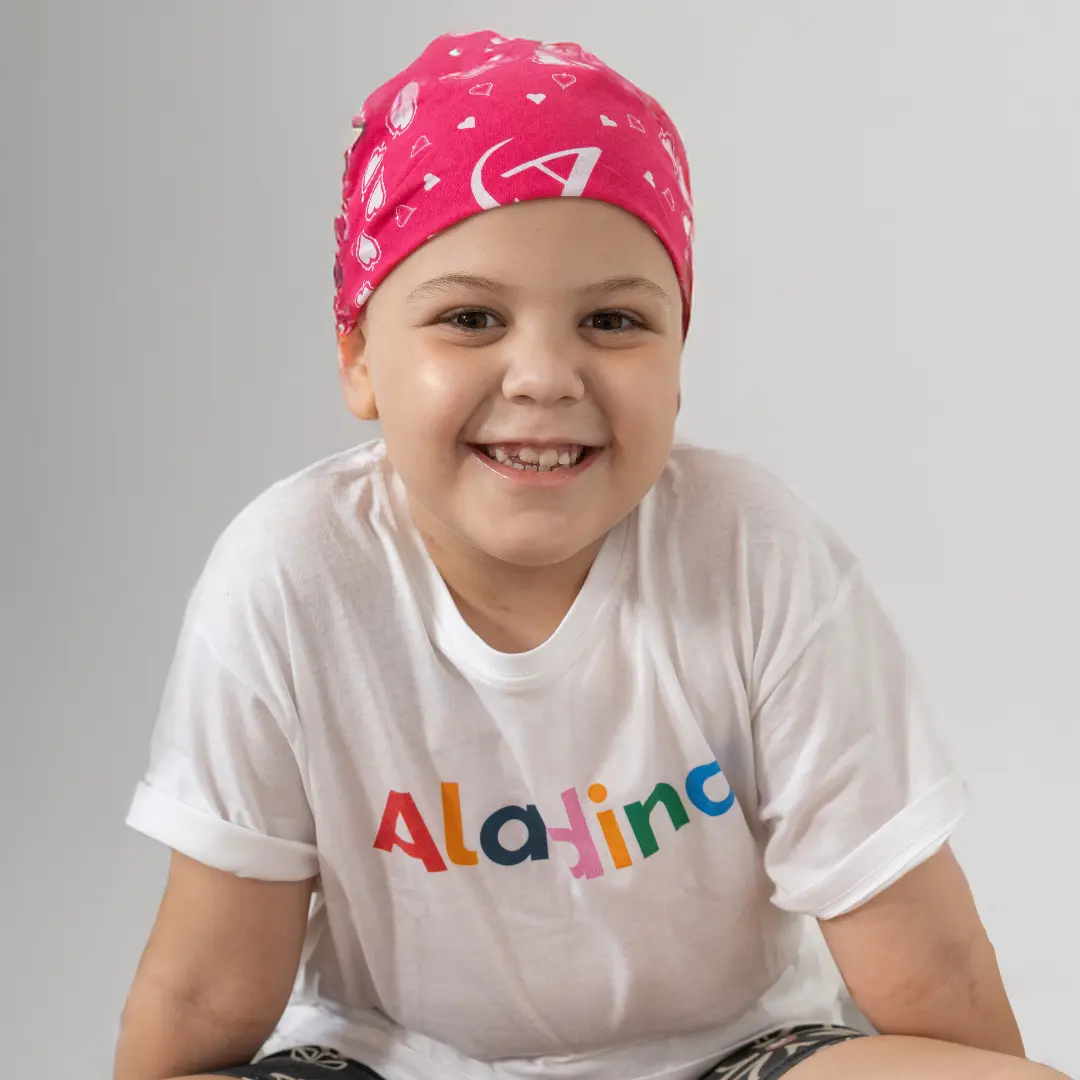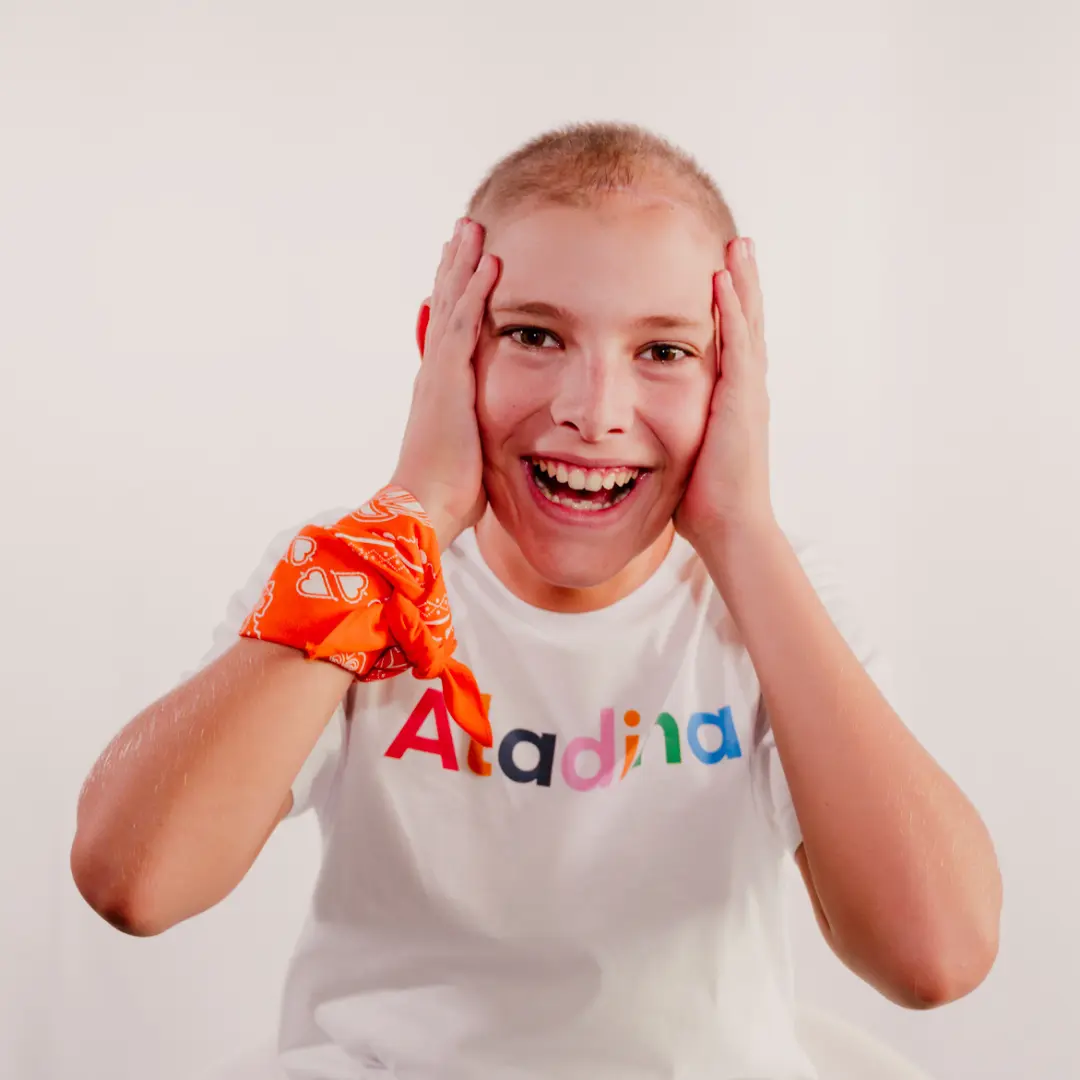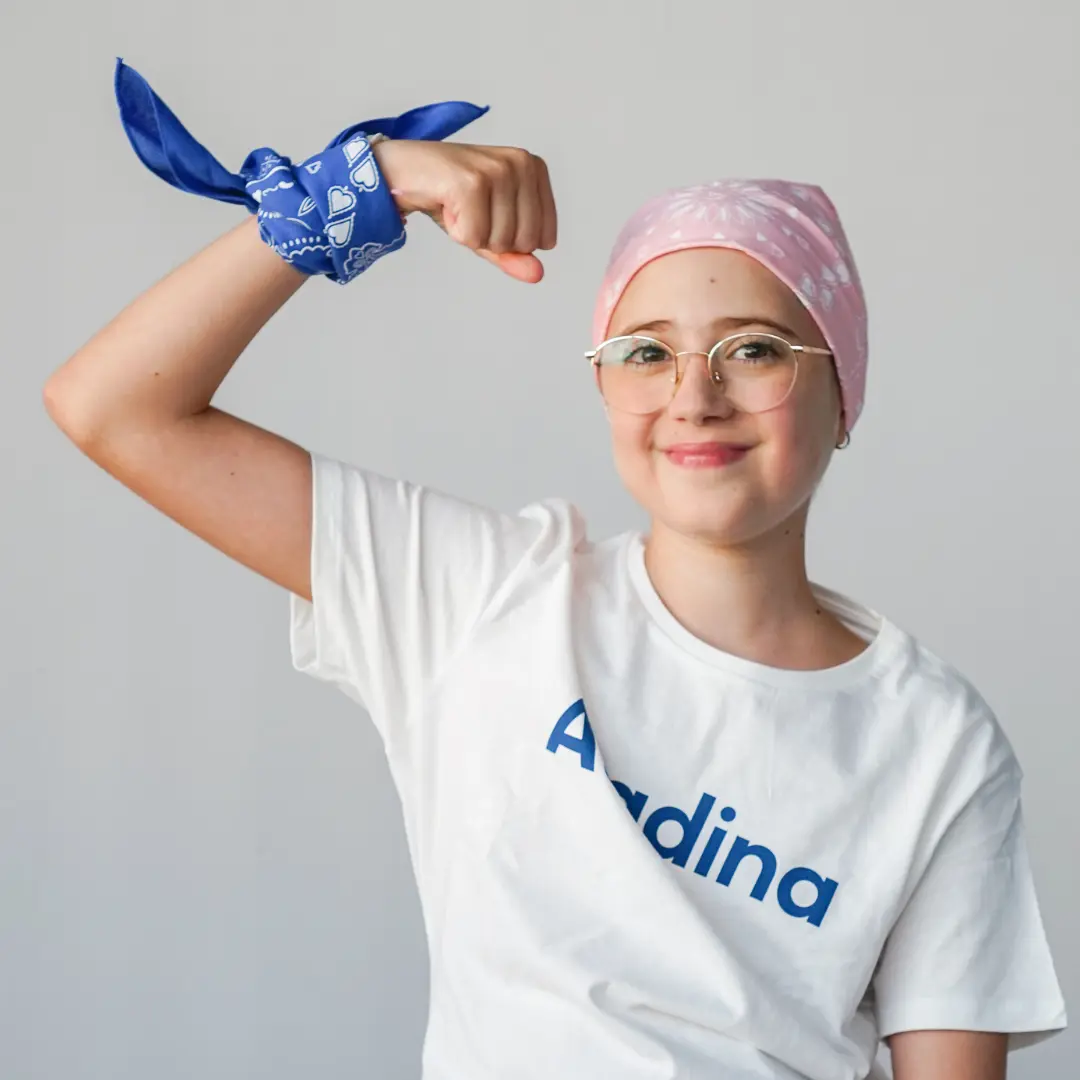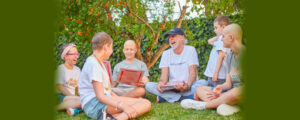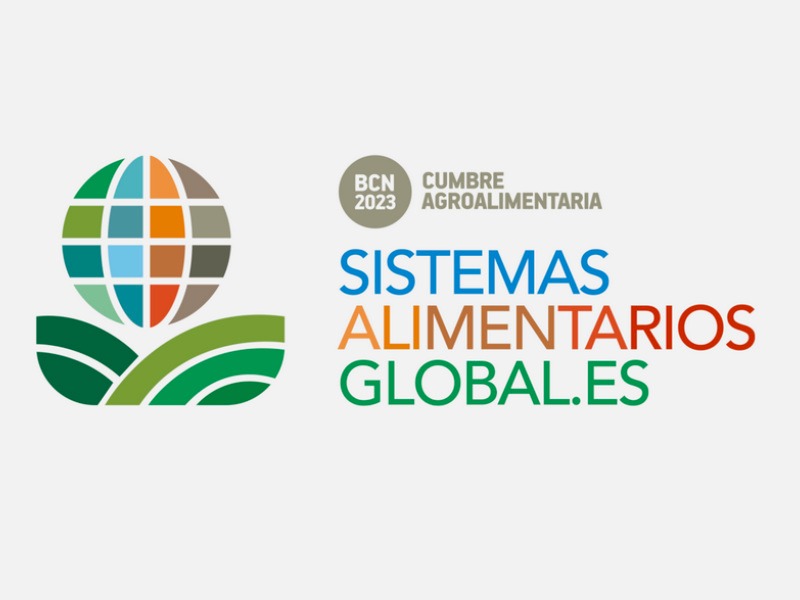
The Aladina Foundation has collaborated as a speaker at the 1st International Agri-Food Summit that took place on 23rd and 24th March at the Fira de Barcelona.
The round table, under the title ‘A project of cooperation and society: Fundación Aladina’ was attended by Ishtar Espejo, Director of the Fundación Aladina; Dr. Andrés Morales, Care Director of the Functional Unit of Paediatric Neuro-Oncology at the Sant Joan de Déu Cancer Centre and the Dr. Anna LlortPrincipal Investigator EpicKids Study, Vall d’Hebron Hospital. Emmanuelle Perrier, the mother of a paediatric cancer patient, was also a special guest.
‘We have created an extraordinary group of Mediterranean countries with a very strong project to understand the nutritional status of cancer patients in Southern European countries,’ says Isthar Espejo.
According to Dr. Andrés Morales, explaining the motivation for this research project, ‘in diseases such as cancer, the impact of nutrition is still unknown. Treatment makes nutrition challenging and this creates a number of problems that are difficult to address. The role of nutrition is a fundamental issue and having this information will be very useful and valuable.
The Dr. Anna Llort pointed out that ‘until a few years ago the important thing was to cure at all costs’. She also explained that we now know more about the long-term effects, and that this is an extra concern for the entire paediatric oncology community. ‘We believe that we can obtain novel results that are not currently available to us,’ he confirms.
Emmanuelle Perrier also took part in the presentation, sharing her experience as the mother of a paediatric cancer patient. ‘Once you leave the hospital it is a difficult experience, with a lot of pressure on the family to be on the verge of malnutrition every week and trying not to get to that point, without knowing how to do it’. For her, ‘having guidelines and knowing which foods are recommended will help children know what to do as they grow up, without them feeling that it is a pressure’.
The EpicKids observational study is estimated to take around five years to produce its first results.
